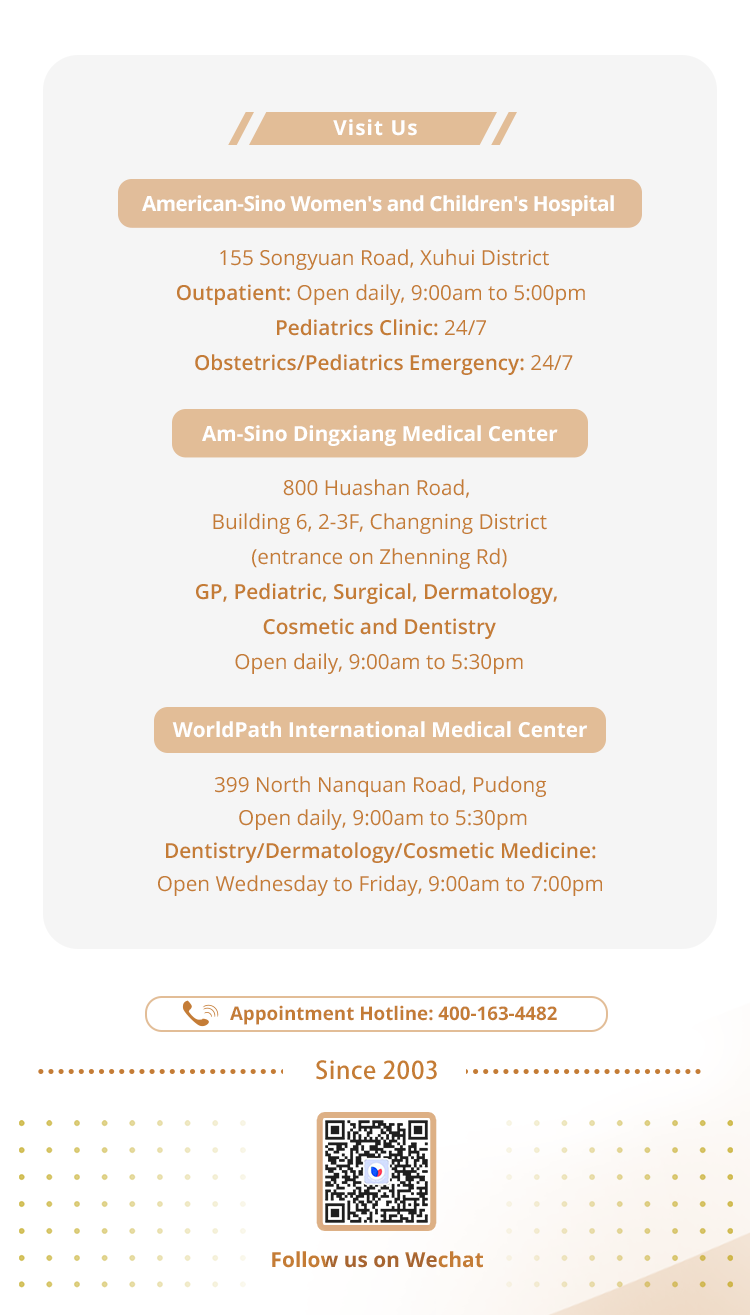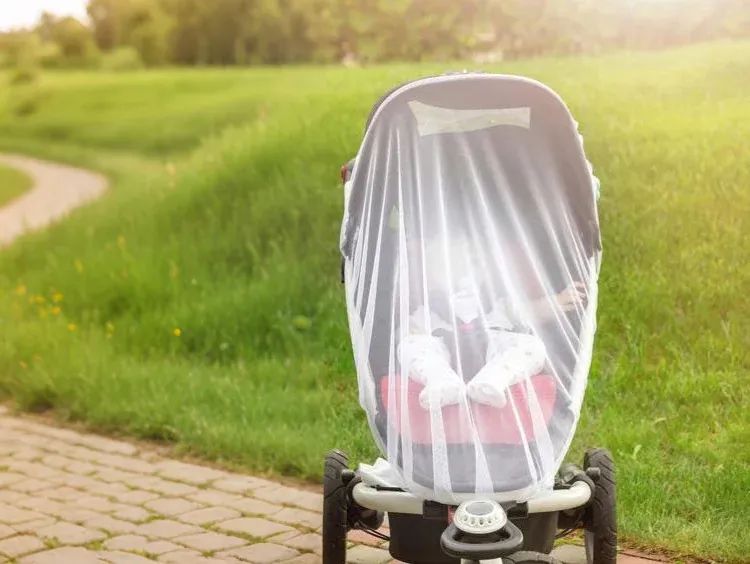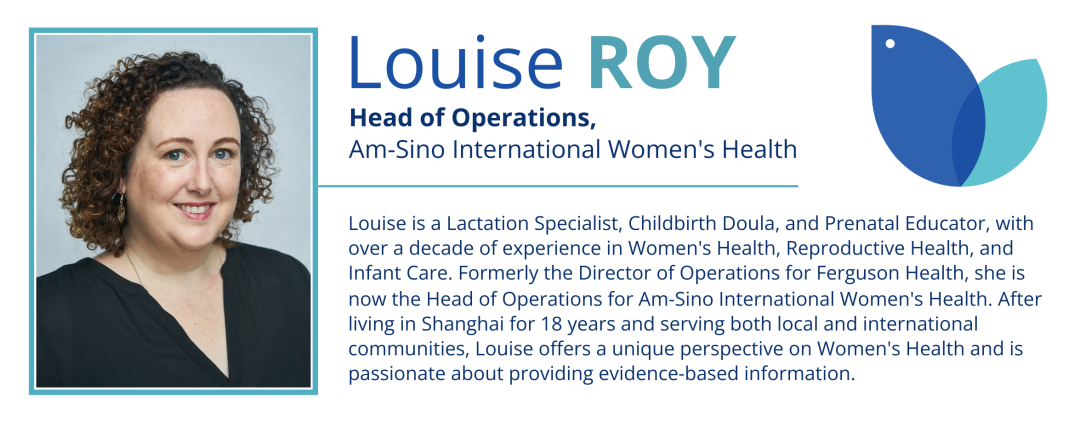
Mosquitoes—those tiny, buzzing vampires of the insect world—can quickly turn a peaceful stroll into a frustrating battle. Beyond the annoyance there's another growing concern for families: the rising threat of mosquito-borne diseases, including Dengue, Zika, and more recently, an increase in Chikungunya cases reported in parts of China. These illnesses can pose serious risks, especially to young children.
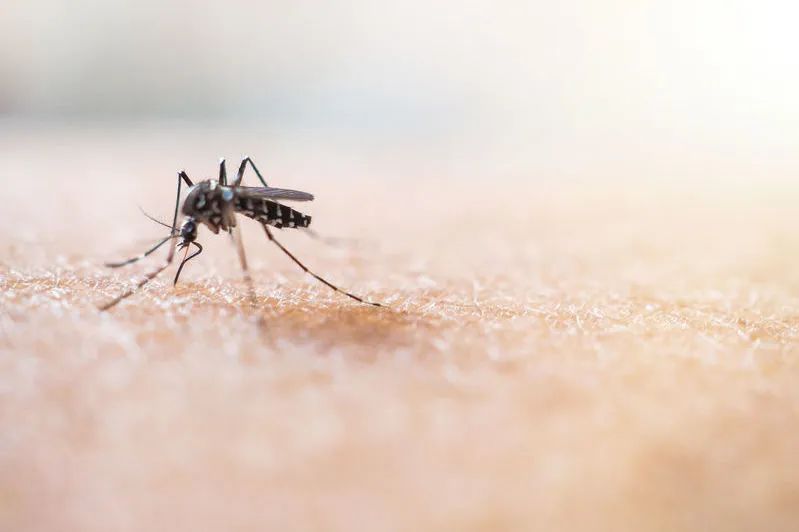
As parents, we’re always searching for the safest and most effective way to protect our babies—but with so many mosquito repellents and prevention tips out there, how do we know what really works?
Let’s start with DEET (N,N-Diethyl-meta-toluamide): DEET is a synthetic chemical compound that has been used as a mosquito repellent for several decades. It is highly effective in repelling a wide range of insects, including mosquitoes. DEET works by masking the body's scent, making it difficult for mosquitoes to detect and land on the skin. Numerous scientific studies have been conducted to evaluate the safety of DEET. Based on this extensive research, theAmerican Academy of Pediatricians (AAP) and the Environmental Protection Agency (EPA) have concluded that DEET is a safe option for mosquito protection when used in accordance with the instructions.
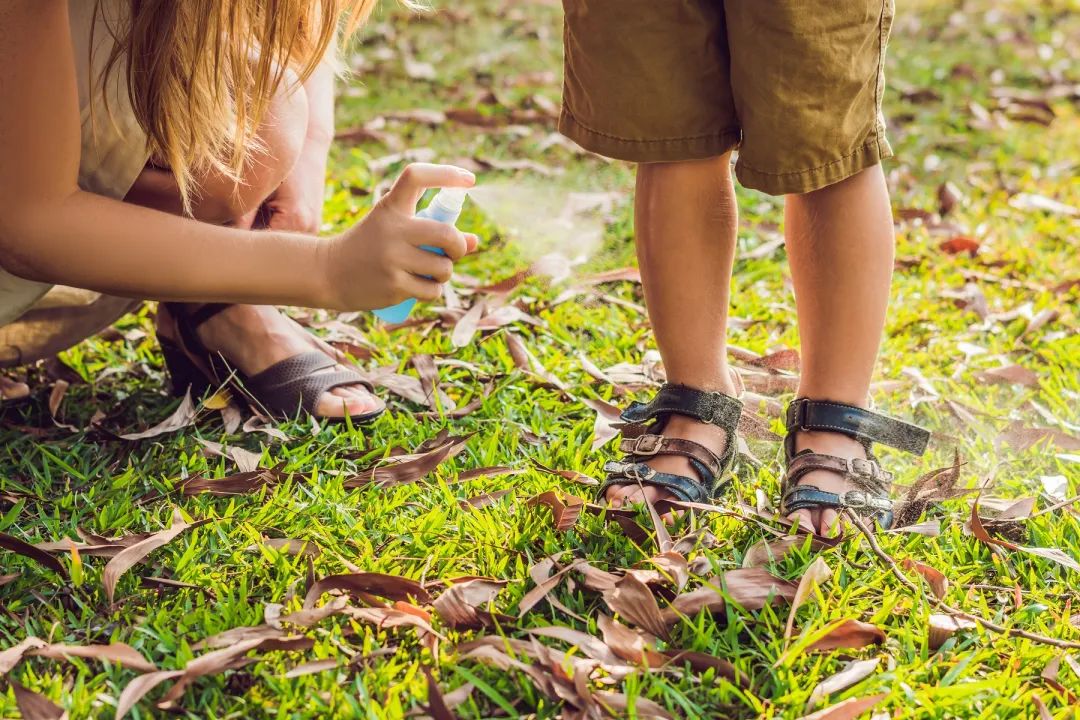
There are several considerations to using DEET safely and effectively:
1
// Age Recommendations
2
// Concentration Levels
3
// Proper Application
4
// Limit Use
5
// Alternative Options:
6
// What is Not Recommended?
Ultimately, assessing the risk of mosquito-borne diseases in your area can help you make an informed decision about the most suitable mosquito repellent options for you and your family.
Resources:
https://www.health.qld.gov.au/news-events/news/how-to-use-mosquito-repellent-properly
https://publications.aap.org/patiented/article-abstract/doi/10.1542/peo_document061/80024/Insect-Repellents-What-Parents-Need-to-Know?redirectedFrom=fulltext
https://www.epa.gov/insect-repellents/find-repellent-right-you#search%20tool
https://www.aap.org/en/patient-care/environmental-health/promoting-healthy-environments-for-children/insect-repellents/
https://www.cochranelibrary.com/cdsr/doi/10.1002/14651858.CD005434.pub2/full
